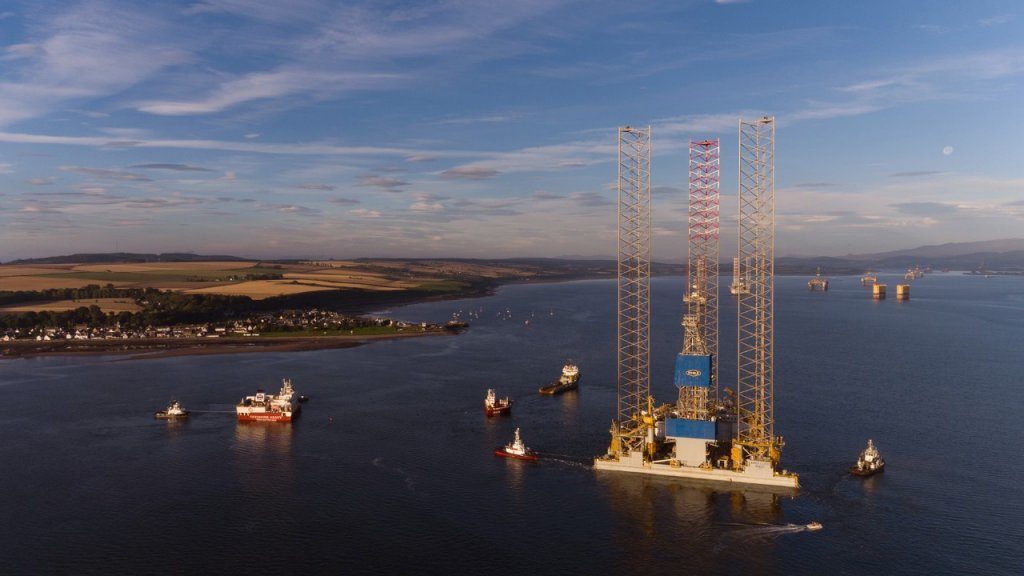
The UK’s Competition and Markets Authority (CMA) says the sale of several Noble rigs to a new unit of Shelf Drilling should clear the way for its proposed merger with Maersk Drilling.
The CMA opened an investigation into the £2.6 billion merger deal in February, later warning that it could increase costs and reduce service quality for oil and gas producers in the UK North Sea, particularly in the supply of jack-up rigs.
In response, Noble Corporation (NYSE: NE) and Maersk Drilling (CPH: DRLCO) signed a $375m deal to sell-off several units to a new subsidiary of Dubai-based Shelf Drilling to address the watchdog’s concerns.
The CMA’s latest guidance suggest the sale of these so-called “remedy rigs” may indeed enable the merger to proceed.
Under the deal, the group will offload the Noble Hans Deul, Noble Sam Hartley, Noble Sam Turner, Noble Houston Colbert and the Noble Lloyd Noble. Associated offshore and onshore staff are expected to transfer with the rigs.
The CMA said that these measures formed “as comprehensive a solution to these concerns as is reasonable and practicable” and would resolve the issue “in a clear-cut manner.”
It also found Shelf Drilling to be a “suitable purchaser” of the assets.
However, it will also launch a further consultation on the proposals and invited other interested parties to submit their views before it publishes a final decision.
Responses must be submitted by 5 August, although depending on the feedback received the regulator could yet make “modifications” to the deal as a result.
The proposed merger deal, first announced in November, would result in one company brought together under the Noble Corporation name, which would be jointly listed on the New York Stock Exchange and Nasdaq Copenhagen.
Maersk Drilling employs around 2,400 people and is headquartered in Denmark, while Noble currently has 2,300 employees and contractors worldwide. Both companies have offices in Aberdeen.
Analyst firm Esgian last year said their merger could bring the largest market capitalisation in the industry at as much as $3.4bn, surpassing rival Valaris at $2.8bn.